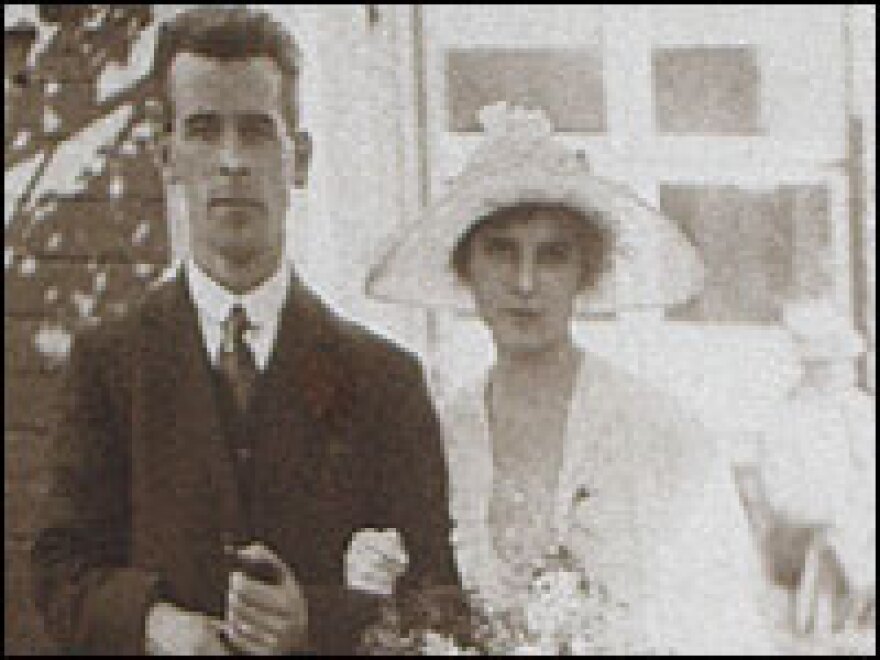
The great flu pandemic of 1918 killed 50 million people -- more than any other disease outbreak in the history of the world. John Oxford, a prominent British medical researcher, is exhuming the pandemic's long-dead victims in an effort to find details about how the flu worked its way through Europe.
In the process, he believes his work may give modern medical policymakers new tools to curb or control the next pandemic.
Oxford is hoping to find intact organs, which could lead to a better understanding of why the 1918 flu was so virulent and so deadly. But the scientist is also interested in learning more about how people react to a swift-traveling -- and deadly -- disease.
The stories he's recreated from the past make Oxford wonder how future generations might behave during a pandemic. Like many medical experts, Oxford says another pandemic is likely in the works. And he believes more will be needed than vaccines and medicines to rise to the challenge of a global pandemic.
"It's going to be exceedingly difficult for these modern societies to contend with this outbreak, when it comes. They never had to take a decision about infection. They never had to decide whether to go swimming in a lake because they might get polio," says Oxford. "I think these modern societies will be on the verge of panic, given the first pandemic of the 21st century," he added. "That's why it's so important to prepare."
John Oxford is a professor at Queen Mary's School of Medicine in London.
Copyright 2023 NPR. To see more, visit https://www.npr.org. 9(MDM3NjYwMjA5MDE1MjA1MzQ1NDk1N2ZmZQ004))


